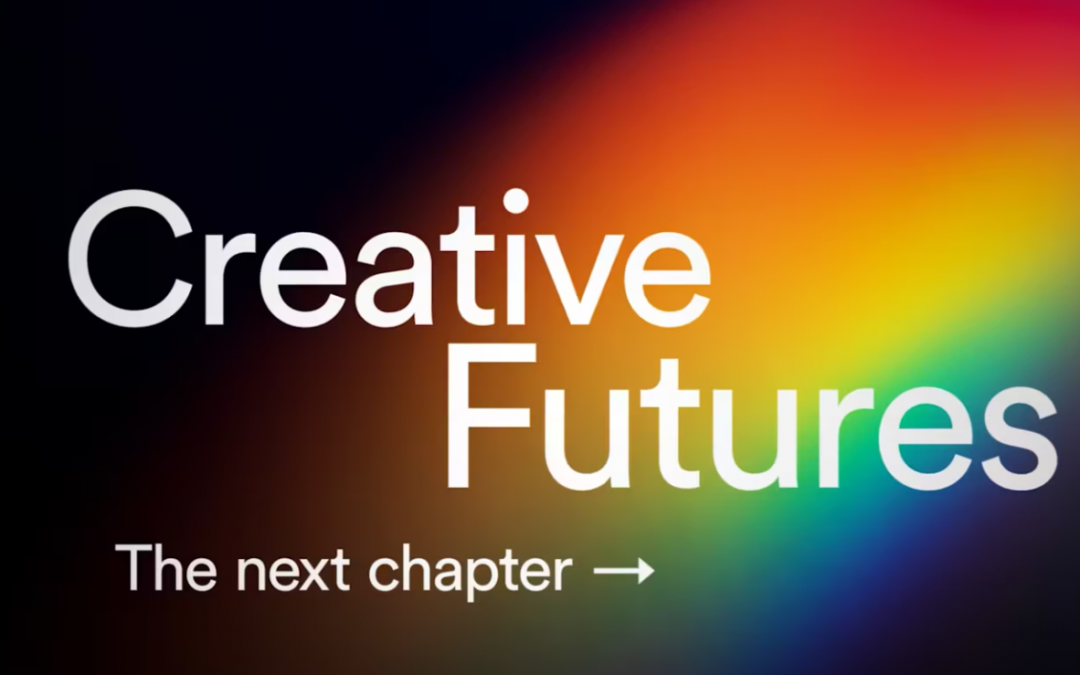
The situation we are all currently in due to the COVID-19 pandemic is daunting and filled with uncertainty, however there is one thing that we can guarantee – there are a lot more people at home right now. As well as the usual retired, over 60s demographic who are home during the working week, there is now also the younger working audience who will be interacting with media at home too, especially as they have more time on their hands to do so.
Traditional media can be precisely targeted at an audience or geographic level, which means they can be run in tandem with other channels such as addressable TV. By creating a multi-layered campaign with sequential messaging, brands will see higher levels of response and ultimately a higher ROI.
Everybody seems to have pivoted to a more digital-first marketing strategy due to the pandemic, however, below are some other options to consider in the offline media space.
Letterbox marketing
Letterbox marketing in the form of door drop, partially addressed mail or direct mail couldn’t be more relevant, especially in light of the Government’s announcement that postal workers are considered ‘key workers’. That means the delivery of post will continue, which can only be good news for all.
Partially addressed mail
Partially addressed mail (PAM) offers a targeted approach to mail, which is also GDPR-compliant. That’s because there is no use of personal data in the targeting element due to this being done at postcode level.
PAM has a more specific targeting process than a door drop mailing, which includes ‘topping up’ in postcode areas where there is a high penetration of your customers and also looking for lookalikes using your current customer dataset and/or audience demographic overlays. It also allows you to exclude existing customers at address level, ensuring there is no wastage.
People have more time now, or are perhaps collecting their mail during their lunch break, which means they’re more likely to be reading what comes in the post. Stand out creatives are always best to cut through noise of other advertisers and present a relevant message which will resonate with the person reading the mail piece.
Door drop mail
If scale to a broad audience resonates with your brand more, or targeting within a certain radius of a specific location, then door drop could be a better option.
For example, if you’re a food delivery brand, perhaps you want to target as many consumers as you can within a specific radius of your store with a discount offer. We know that, at this time, delivery services are crucial because people are only allowed to leave their homes for essentials, and giving consumers that helping hand with a small discount at this potentially financially difficult time is a great way to show empathy while also making your brand known.
Third-party inserts
Another channel to consider in print media is third-party inserts (leaflets). As delivery services are vital, and retail stores are closed, there will be more and more packages delivered in which inserts can be placed. Whether it be ASOS or Hello Fresh, the volume of orders for online retailers is going to be increasing – now that all clothing stores are closed, it’s the only way to shop for a new outfit.
Now could be a good time to recruit new customers as people are changing their purchase behaviours – those who would only usually shop in store now have to shop online. Inserts can be delivered into the home and you will piggyback onto the brand delivering the items. This gains consumers’ trust and presents them with an offering or introduction to your services at a time when they are in high spirits, having received their parcel.
There is opportunity to target many different specific audiences – from the older and affluent demographic to the younger savvy shopper, there are many TPI titles across a broad range of audiences with mass volume that is likely increasing in this current climate.
TV and VOD
With more people at home, the potential reach of TV is massive. There is also a new audience to be targeted during the daytime, making it a good time to re-think TV strategies completely and optimise plans. Without the daily commute and gym routines, people are going to be spending more time using their TVs, iPads, and computers.
This is also why VOD could be considered. It’s likely we will see a rise in the usage of VOD due to this free time we all suddenly have, and through boredom it’s inevitable that we’re going to be catching up or looking for new things to watch, so it would be an ideal time to advertise on TV to gain maximum reach.
COVID-19 usage stats:
- 44% increase in TV viewing.
- 92% have been watching TV.
- 40% increase in TV news viewers.
- 56% increase in Day Time TV viewers.
- 36% increase in VOD Streaming.
Radio/podcasts
Another channel which is likely to have a larger number of people consuming the media currently, is radio. As Bauer Media’s COVID-19 insight suggests, with everybody being confined to their homes, 17% more people are listening to the radio, with a staggering 85% of people reportedly listening since the crisis. Radio is an informative channel because of its news element, but also a recreational escape where people enjoy music, which makes it a great way to capture people in their moments of escapism.
COVID-19 usage stats:
- 20% increase in radio listeners.
- 8% increase in podcast listeners.
- 16% increase in music streaming.
- 85% have been tuning into radio
- 66% have been streaming music.
- 83% agree that radio keeps them informed.
- 70% feel radio keeps them in touch with the world.
- 67% agreed radio delivers trusted news and opinion.
- 67% believe that radio improves their mood.
Press
In a similar way to radio, when press is being consumed, it’s a combination of informative reading and recreational reading. It’s likely that more people are going to be reading the newspapers for updates on the current situation with COVID-19 and generally to pass the time. So, now is a great opportunity to display press ads and capture the attention of consumers with a relevant message. For a subtle, soft approach, advertorials could work best.
COVID-19 usage stats:
- 24% increase in newspaper reads.
- 30% newspaper sales are down.
- 24% increase in online news readers.
But what about online media?
As this situation evolves, people may become blind to ‘always on content’.
Cleverly targeted media that catches you in the moment of freedom from our increasingly digital lives may come to the fore, such as contextual podcast advertising and press adverts, which can be consumed in consumers’ ‘breathe in’ moments.
It will be interesting to see how social media performs in the next few months if we transition into a deeper period of isolation. On the one hand, it’s a great connection platform. On the other, there’s the problem of fake news, endless TikTok, and fitness adverts.
Will we see people turn away from Facebook to protect their mental health, favouring more direct connectors such as WhatsApp? And will consumers want a digital detox when the smoke has cleared?
COVID-19 usage stats:
- 95% have been using the internet.
- 33% increase in internet use.
- 35% increase in social media use.
- 12% increase in mobile gaming.
Searches are down:
- 300% for travel.
- 215% for events.
- 76% for luxury goods.
Searches are up:
- 729% for FMCG.
- 59% for home delivery.
- 38% for pharmaceuticals.
Let this advice guide your marketing strategy in the months moving forward. If you want to learn more about any section of it, feel free to contact us and we’ll be happy to help.











